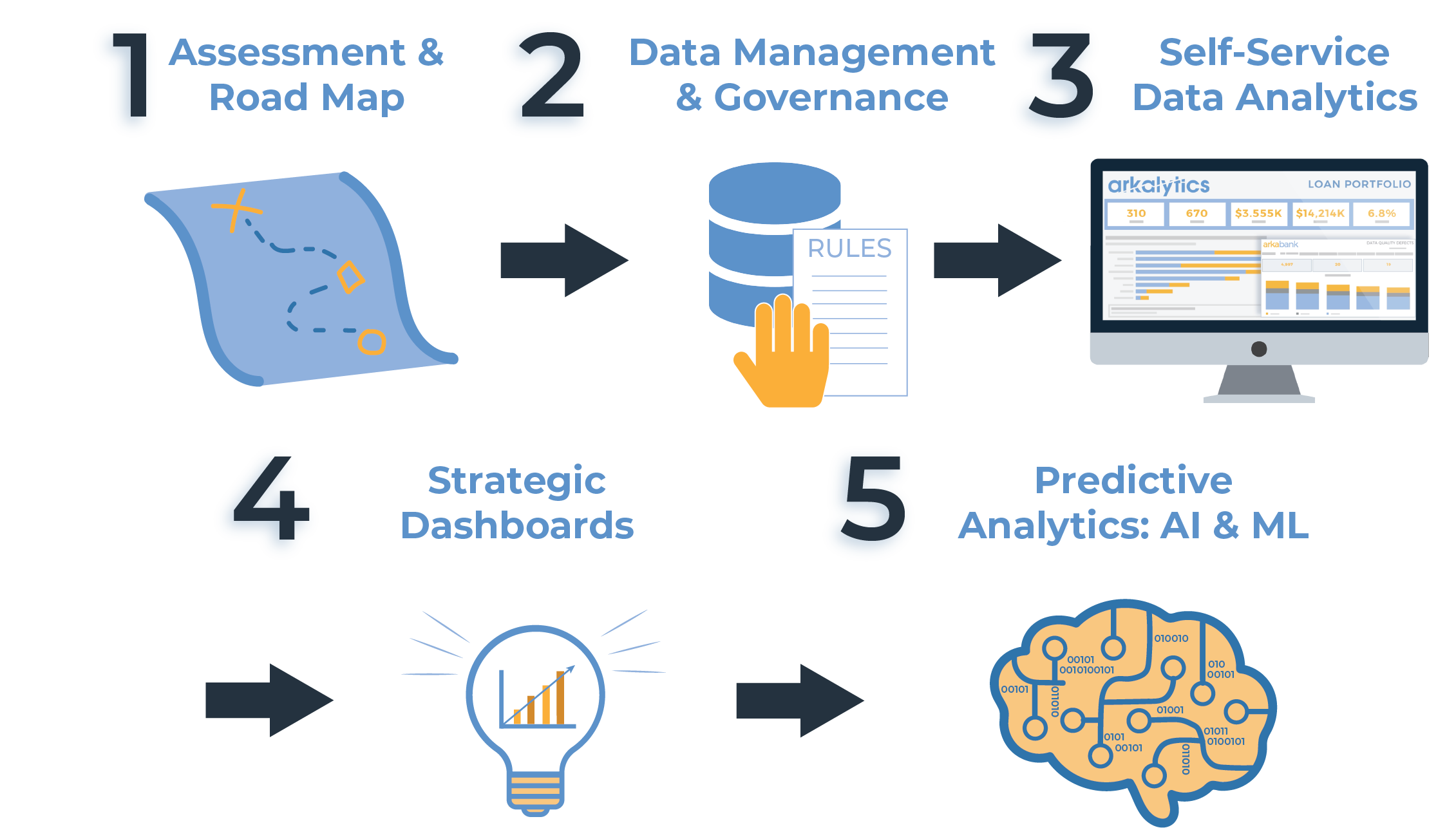Table of Contents
- Understanding the Role of a Data Analytics Consultant
- Key Skills and Competencies to Look For
- Benefits of Hiring a Data Analytics Consultant
- Steps in a Typical Consulting Engagement
- Common Challenges and How to Overcome Them
- Real-Life Example: Innovative Use of Data Analytics in Business
- Future Trends in Data Analytics Consulting
Understanding the Role of a Data Analytics Consultant
In today’s data-driven world, businesses are inundated with information, making it crucial to transform this data into meaningful insights. This is where data analytics consulting steps in. A data analytics consultant acts as a navigator, helping organizations decipher complex datasets to extract strategic insights that fuel growth and efficiency. Given the constant flow of information in the digital age, businesses must leverage data analytics to remain competitive and responsive to market changes.
These consultants are the storytellers of the data world, capable of translating intricate data points into clear narratives that inform strategic decisions. By doing so, they help organizations uncover hidden patterns, identify opportunities for improvement, and foresee potential challenges. Their role is not merely to crunch numbers but to weave data into the fabric of the business’s strategic planning, thereby ensuring informed decision-making at every level.
Key Skills and Competencies to Look For
When selecting a data analytics consultant, certain skills should be at the forefront. Technical prowess in areas like data mining, machine learning, and predictive analytics is essential. These skills allow consultants to sift through vast amounts of data efficiently, identifying key trends and patterns that might otherwise go unnoticed. However, technical skills alone are insufficient. It is extremely beneficial to be able to explain intricate technical ideas in plain, approachable language. Effective communication ensures that insights are not lost in translation from data point to executive decision.
Moreover, problem-solving and adaptability are critical soft skills for a successful consultant.Consultants need to be able to swiftly and effectively change course while maintaining focus on the main objectives of the company in a business environment that is changing quickly. Furthermore, industry-specific knowledge adds a layer of depth to a consultant’s recommendations, allowing businesses to receive tailored advice that resonates with sector-specific challenges and opportunities.
Benefits of Hiring a Data Analytics Consultant
Hiring a data analytics consultant has many advantages that affect different parts of a company. Primarily, consultants enhance operational efficiency by optimizing processes through data insights. This optimization results in the reduction of wasteful practices, thereby saving both time and resources. Another significant benefit is the cost-effectiveness of their expertise. The ability to identify and act on insights quickly can lead to substantial returns on a relatively modest investment in consulting services.
Additionally, consultants bring fresh perspectives to strategic planning, injecting innovation into business models and processes. They serve as a catalyst for change, challenging existing paradigms and promoting a culture of continual improvement. This proactive approach enables businesses to not only keep up with market demands but also anticipate and shape them.
Steps in a Typical Consulting Engagement
- Initial Assessment and Scope Definition: The engagement starts with a detailed analysis of the organization’s existing data environment and a precise project scope definition. This phase involves understanding the client’s needs, objectives, and the data available.
- Data Collection and Analysis: Next, consultants gather relevant data, often from multiple sources, ensuring it is clean and ready for analysis. This meticulous process is crucial for uncovering the most accurate insights.
- Report Generation and Recommendation: The insights derived from data analysis are compiled into reports, complete with actionable recommendations. These reports serve as strategic blueprints, guiding the organization toward its goals.
- Implementation and Feedback: The final stage involves implementing the suggested strategies and seeking feedback to fine-tune the approach, ensuring it aligns with business objectives and can be adapted to future needs.
Common Challenges and How to Overcome Them
While the benefits of consulting are significant, the process does not come without its challenges. One common issue is data quality and integration; disparate data sources can lead to inconsistencies. Overcoming this requires robust data management systems and strategies for integrating diverse datasets seamlessly.
Change management is another critical aspect, as gaining buy-in from stakeholders can be an uphill battle. Communicating the benefits of data-driven insights and ensuring everyone is aligned under a unified vision is essential. Furthermore, safeguarding data privacy and security must remain a top priority. Data breaches can be reduced by putting strict security measures in place and educating employees on best practices, which will help the company develop a culture of trust.
Real-Life Example: Innovative Use of Data Analytics in Business
Consider a leading retailer that utilized data analytics to revolutionize its customer experience. By meticulously analyzing purchasing patterns, the company was able to tailor its marketing campaigns to individual preferences, resulting in a significant sales increase of 20%. This case study underscores the transformative power of data analytics when harnessed effectively by knowledgeable consultants.
Key takeaways from this example include establishing a clear objective at the project’s outset and understanding that personalized recommendations can significantly boost consumer engagement and sales figures.
Future Trends in Data Analytics Consulting
As the landscape of data analytics evolves, several trends are emerging that will shape its future. One notable trend is the integration of artificial intelligence (AI) and machine learning (ML), which enhance the predictive power of analytics processes. AI and ML allow businesses to automate complex data tasks, turning analytics into a proactive tool rather than a reactive one. The Forbes Tech Council’s insights provide further depth into how these technologies are set to redefine the landscape.
Real-time data analysis is another trend gaining traction, providing businesses with instant insights that allow for more agile decision-making. As highlighted by Gartner’s report, the emphasis on ethical data use and sustainability is also increasing. Responsible AI applications and ethical data management are becoming integral to developing sustainable business models that drive performance and adhere to societal values and expectations.

